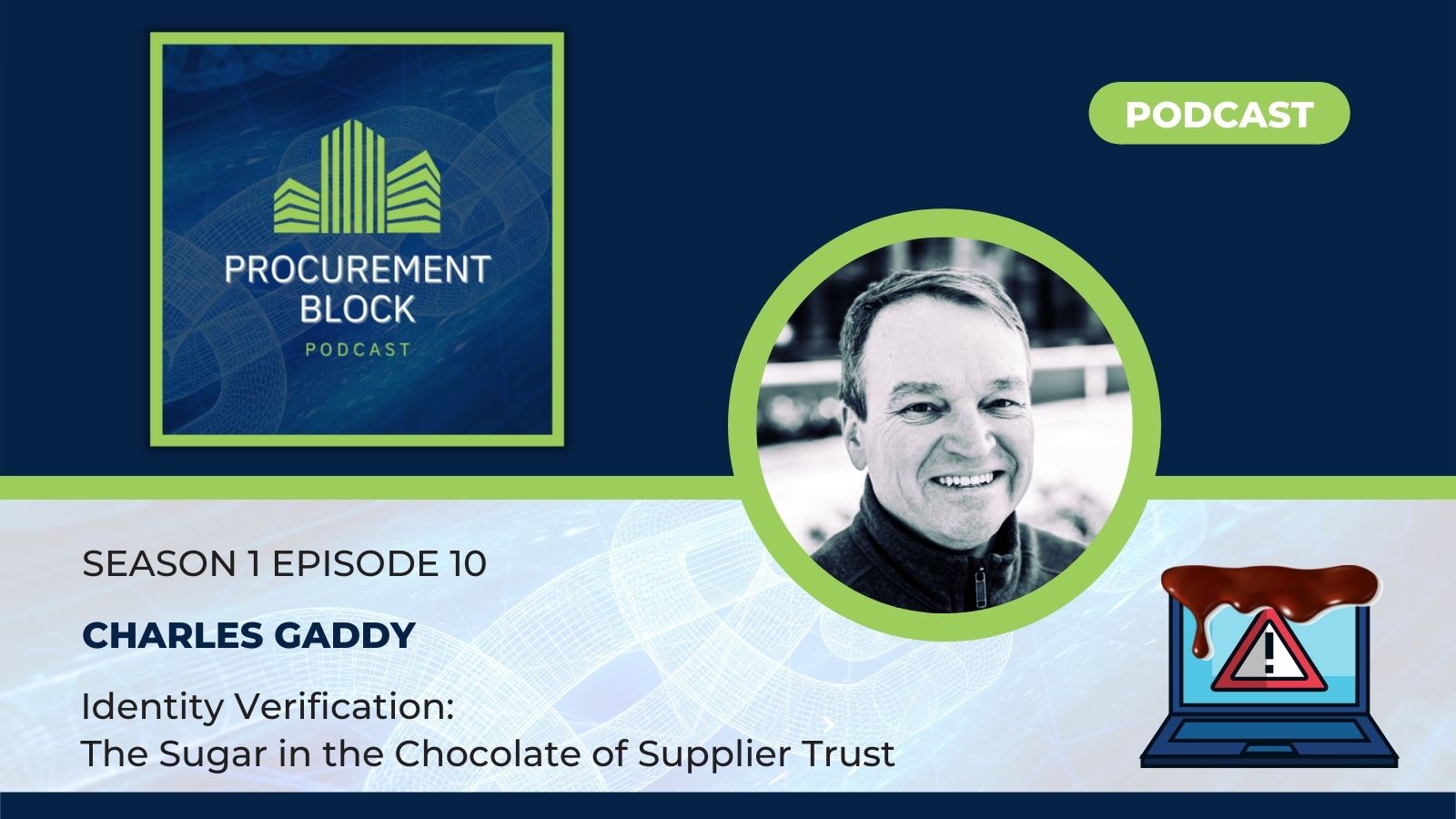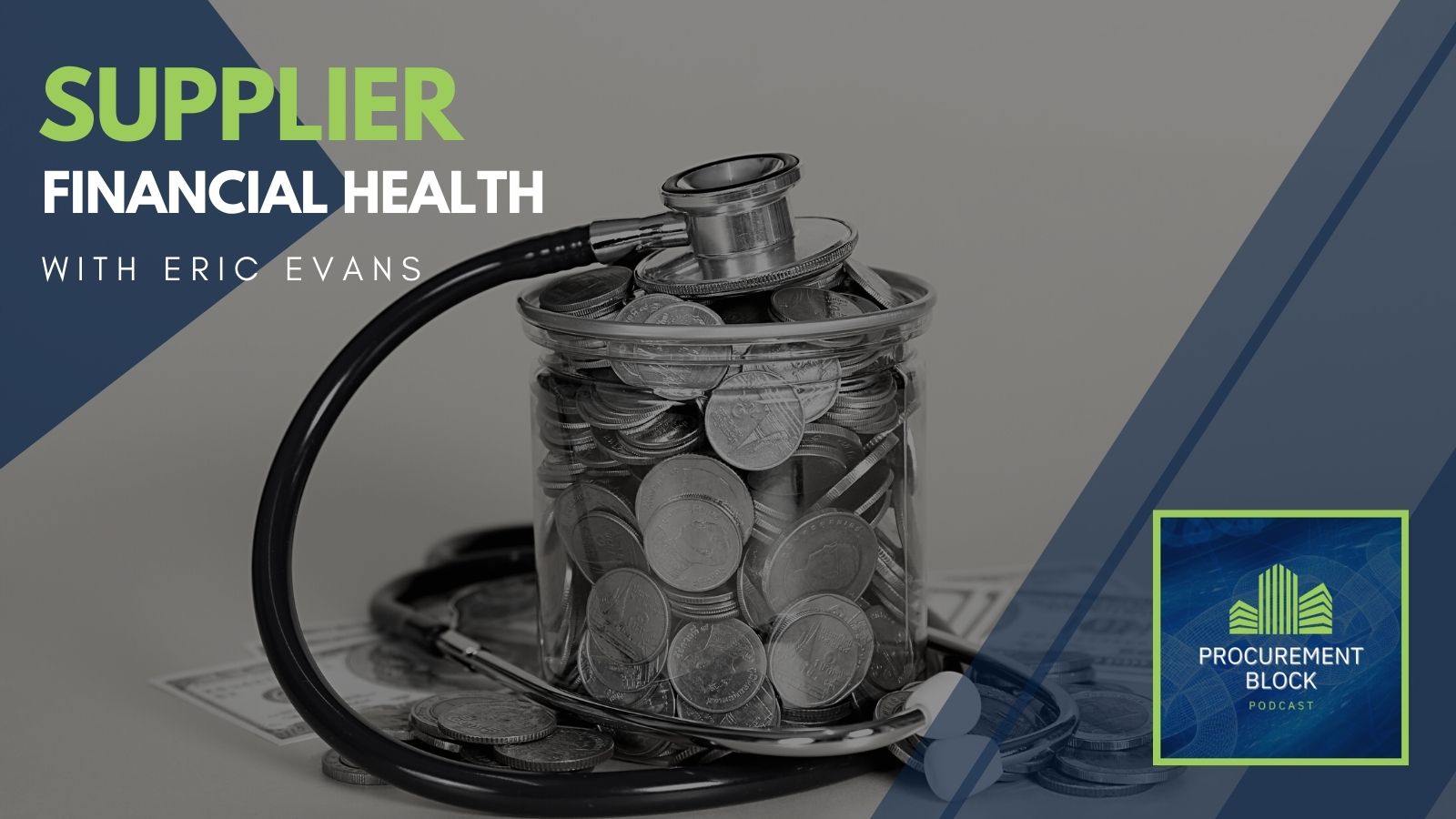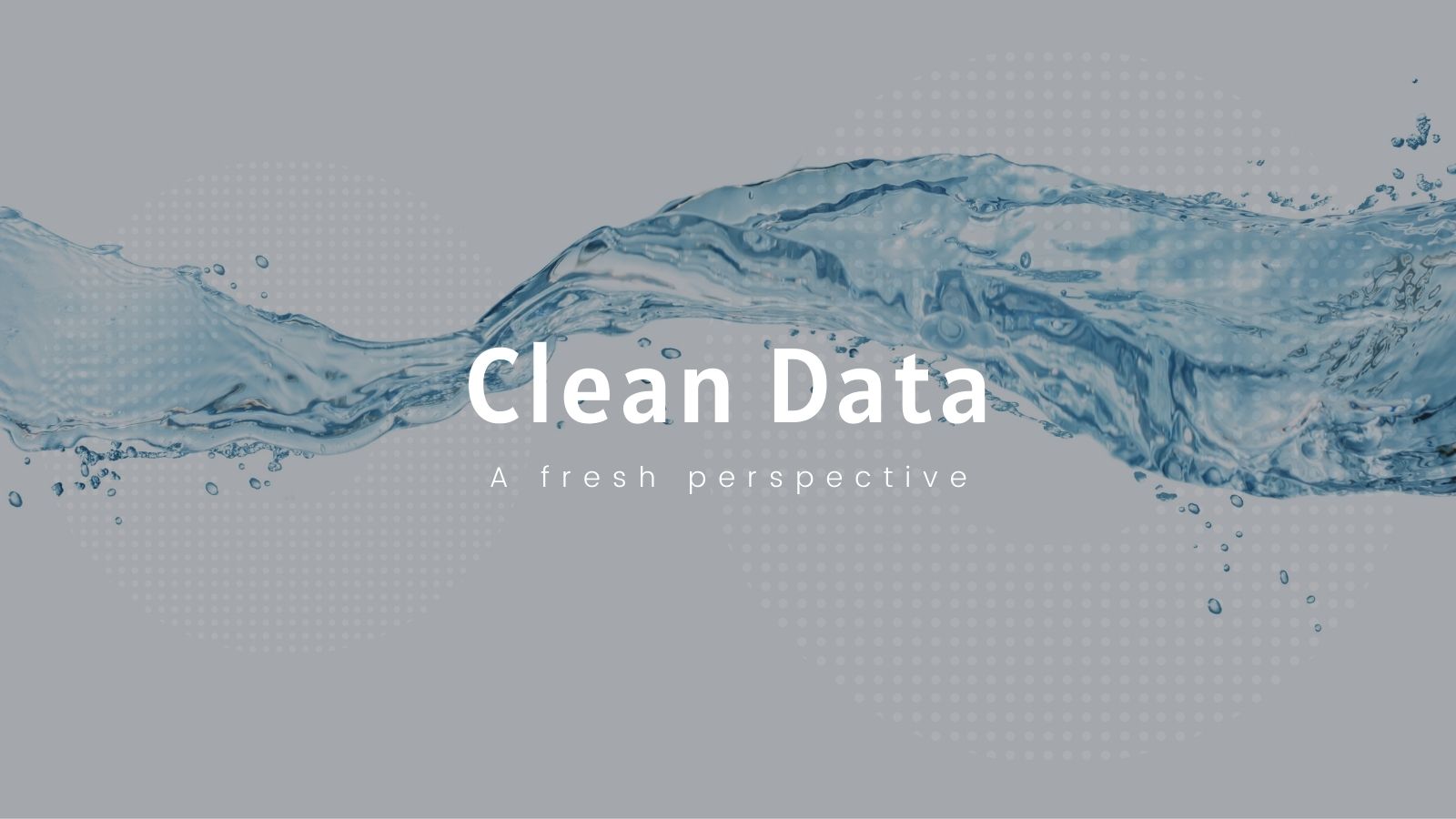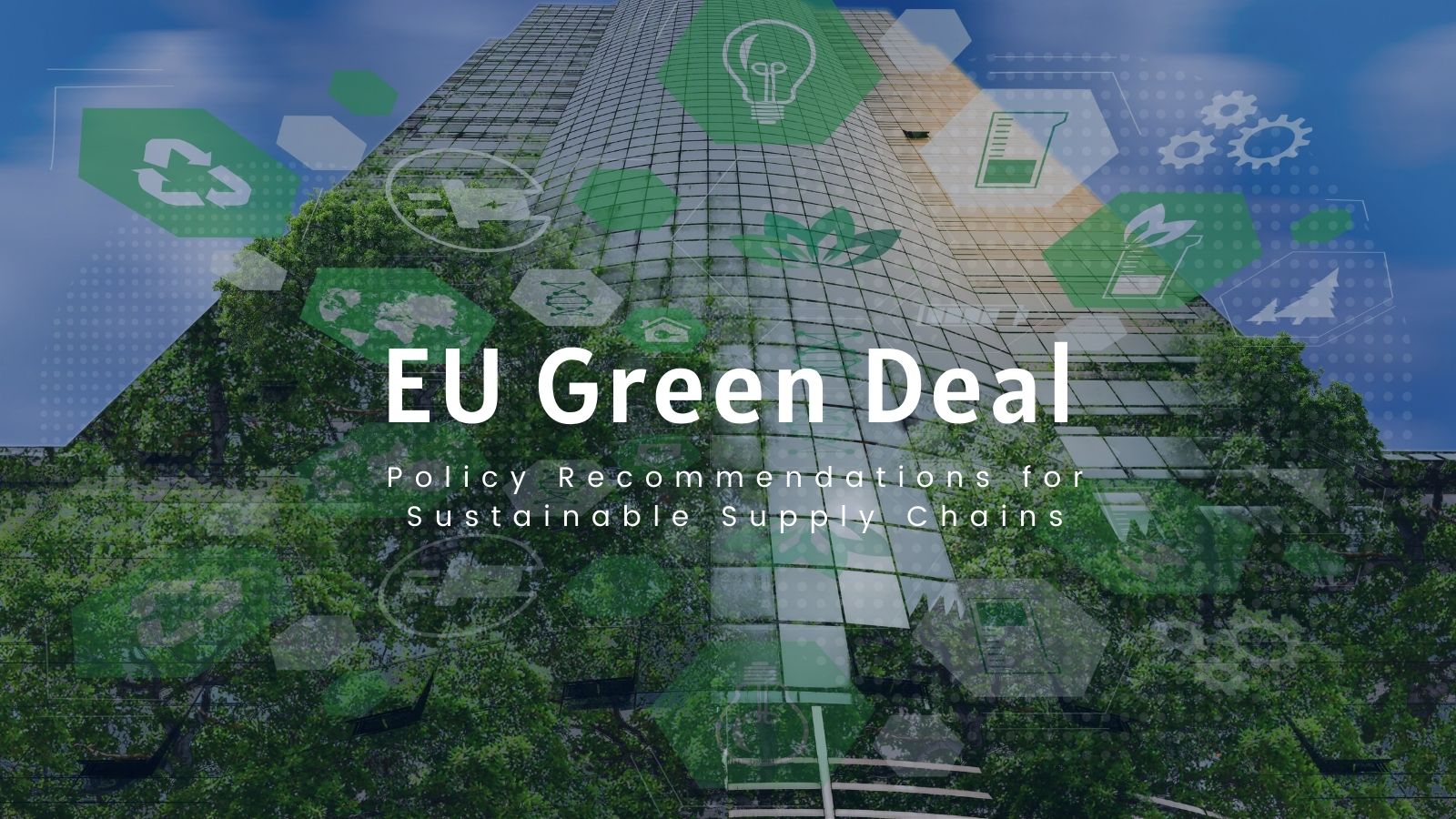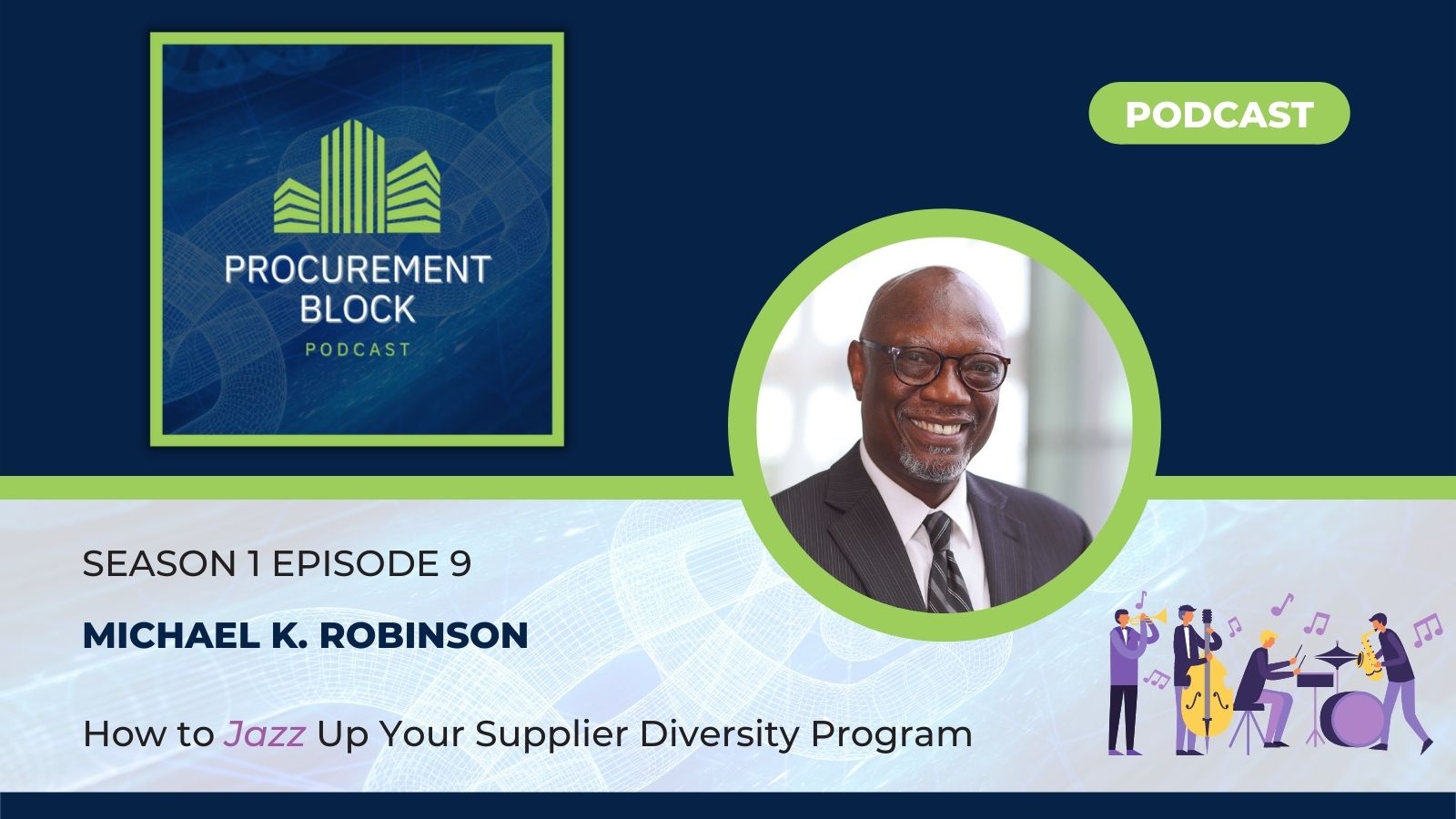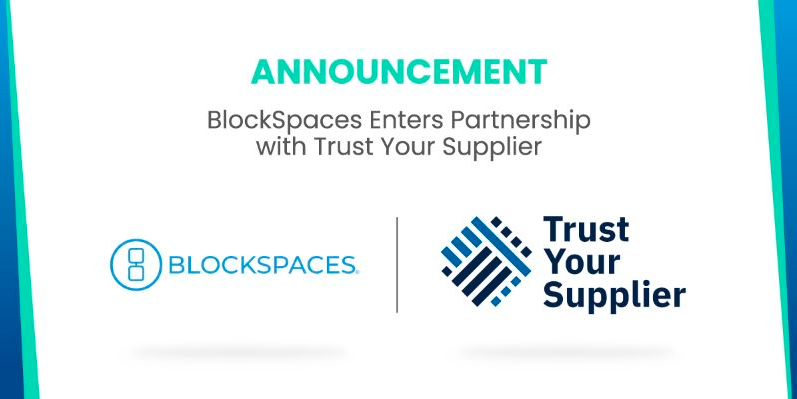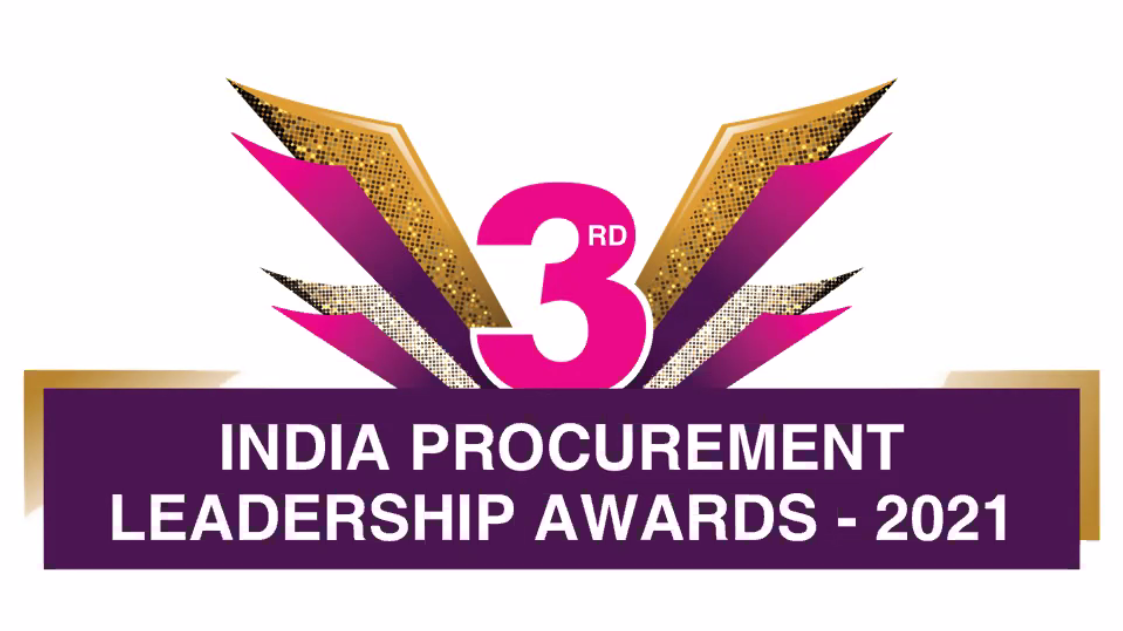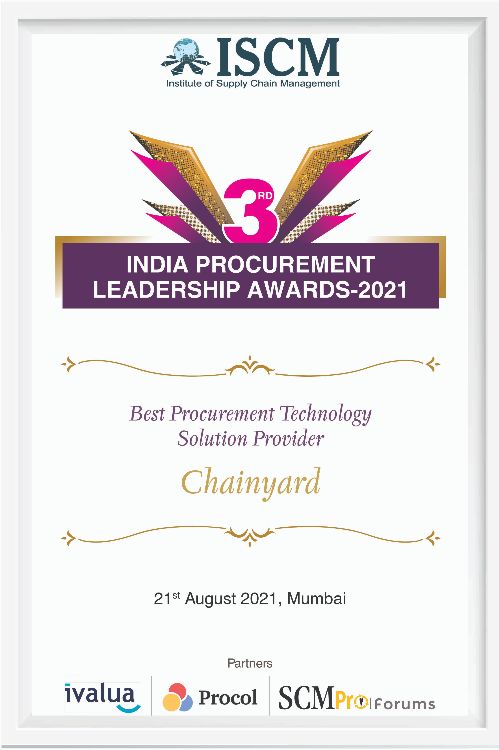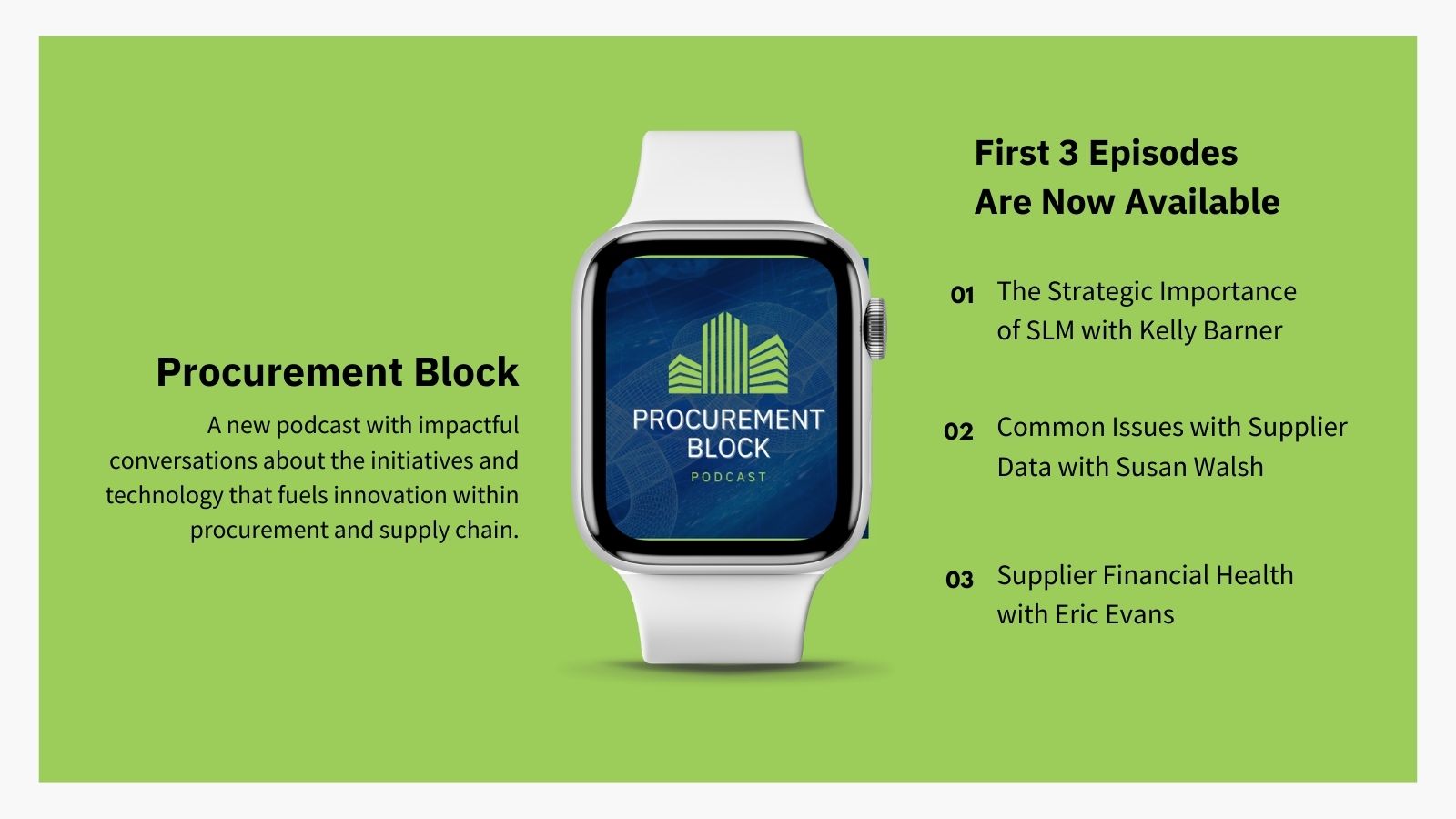On Trust Your Supplier’s podcast, Procurement Block, we get to hear from the people who are at the forefront of procurement innovation.
On this latest episode, I am being schooled by Michael Robinson. Michael K. Robinson is the Program Director of Global Supplier Diversity for IBM’s Integrated Supply Chain. He is responsible for leading IBM’s supplier diversity initiatives worldwide. In this role, Michael, and his team, focus on the utilization, development and mentoring of diverse suppliers who can provide value-add to IBM’s Supply Chain.
Under Michael’s leadership, IBM has been recognized for numerous awards including Corporation of the Year by the NMSDC (3x), one of the Top Corporations by WBENC (13x), and one of DiversityBusiness.com’s Top Corporations to name a few. IBM has spent in excess of $2Billion, 1st Tier, annually worldwide with diverse enterprises since 2006 and in excess of $1B, 1st Tier, annually with diverse enterprises in the U.S. since 2000.
Michael brings his wealth of knowledge and experience to our conversation on supplier diversity. He explains how to jazz up your supplier diversity program by understanding the benefits, how to identify and attract diverse suppliers, and what to take into consideration when implementing or expanding a program.
Listen to our conversation and get more information from the show notes at ProcurementBlock.com.


